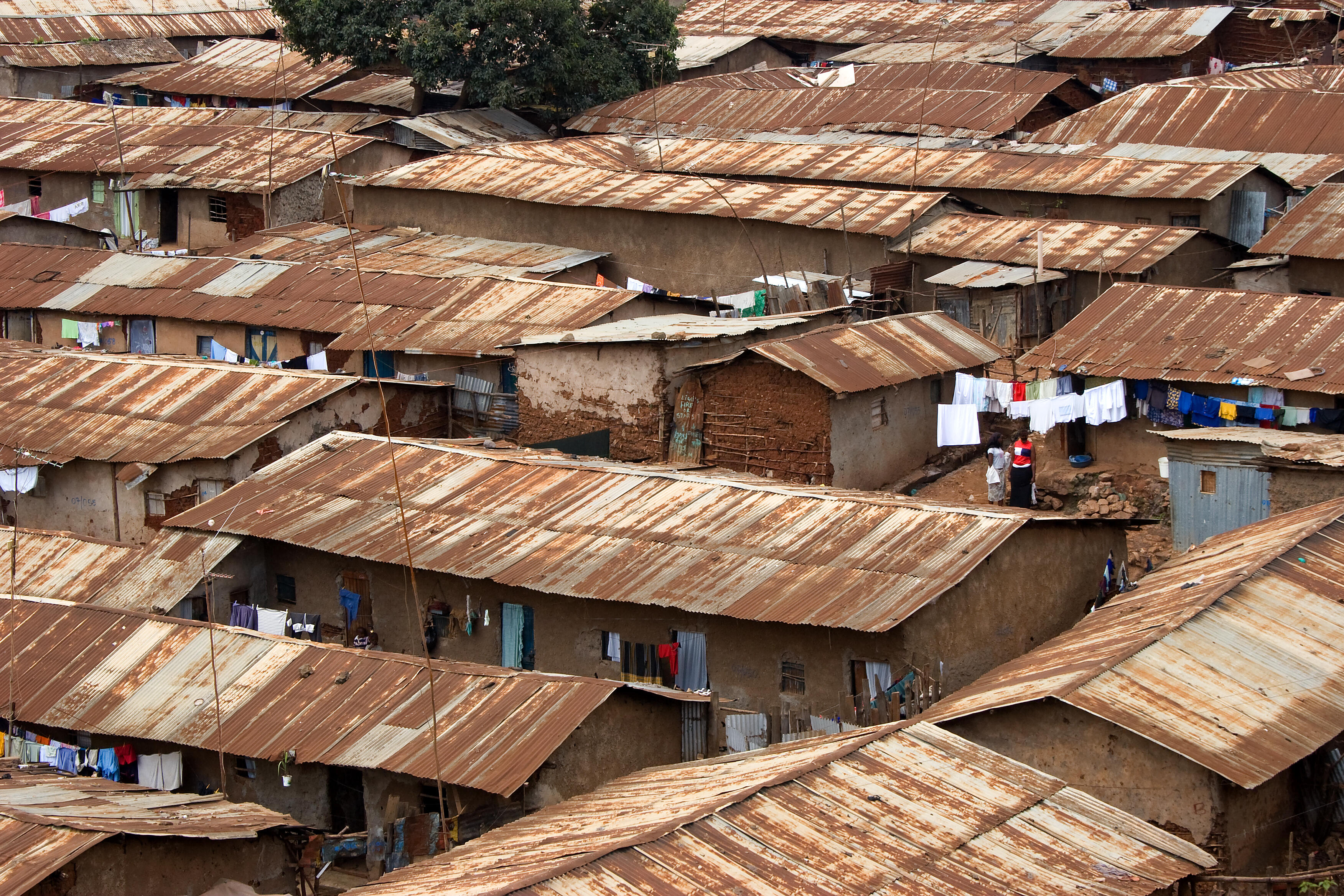
Kani Varshneya. DTMH, February 2017
In light of the upcoming widely anticipated "Inequities" dinner that aims to illustrate the nature of privilege to us DTMHers, I thought it would be worth exploring the scale of global inequities, injustice in the historical context and try and put our public health teaching within the framework of a larger political context.
The pervasive global narrative pushed by widespread propaganda is that wealth in the western world is a result of hard work, thriving industry, better policies and government and a booming free market enterprise. The poorer countries fail because of corruption, inefficiencies and lack of law and order. Western nations altruistically give away generous volumes of their surplus as foreign aid in order to bridge the inequities gap that has thus existed from time immemorial. Globalisation is proving to be a success in its attempts to reduce poverty…look! The number of people living on less than $1.25 a day is going down! This is a great bubble but things could not be further from the truth.
60% of the world population is living under the ethical poverty line of $5 a day. One of the largest studies of its kind conducted by think tank Global financial integrity and Norwegian school of economics looking at global financial flows found that poorer nations are net creditors to rich nations, and the margins are incredible. It describes that for every $1 of foreign aid given approximately $24 are lost in reverse by poor nations due to illicit trade practices such as misinvoicing that have been institutionalised and legalised by the World Trade organisation (WTO). "The money we give to you is aid, the money we take from you is business"
The WTO which, by the way, along with the World Bank and the IMF are global institutions that control all the rules of international economics and by proxy determine allocations for healthcare too. These supposedly neutral institutions are deeply compromised due to a profoundly undemocratic constitution where voting power is disproportionately biased towards rich nations. Moreover, the US has veto powers in all these institutions shifting most of the global economic power to Wall street and Washington.
Historically, the two waves that brought about these inequalities are Colonialism and the Third world debt crises. While colonialism is the origin of mass inequity, poverty and wreckage of local economies, the subsequent crises in the 80s was a forceful strong arm propagating western supremacy that started feeling threatened. When colonizers left, those nations started rebuilding- they put people before profit by selective progressive leftist leaders who introduced socialist policies like tariff protections, nationalising banks and companies, increasing labour standards, redistribution of land and investment into health and education. Seen in Latin America, the Middle east, Egypt and East Asia was the most remarkable drop in inequality that has ever been observed for two decades, things were looking up.
This however, was seen as loss of access to cheap labour and cheap resources by the west. In the 80's the US federal reserve went up on interest rates (at upto 20%) and poor countries were going to default. Wall street couldn't handle defaulters so with the help of the IMF agreed with those nations to roll over their debts if they adopt "structural adjustment programs" to liberalise trade, cut labour rules which drive down wages, privatise assets etc. This was so resources could be used and abused by the west without regulation in the same way as colonial times, just this time with economic pressure rather than brute force. Local governments were compelled and had almost no power over this, per capita income growth rates dropped from 3.2% to 0.7% leading to an economic meltdown for poorer nations, pushing dramatic numbers into poverty, setting up a sort of system of globalised apartheid, a state in which we still remain today.
It has become abundantly clear through the DTMH course that poverty and inequity drives disease. As potential leaders in global health it is important to be principled in the manner in which we address power while always questioning motivations. It is important to battle inequity in health and otherwise on global forums. In clinical medicine, as harbingers of health and aid hailing from a rich nation, we need to be careful and sensitive about the socioeconomic contexts that we enter into and empower those we meet and treat in every which way we can. As human beings, we need to act and consume with wider awareness but also seed and spread what we have learnt because ultimately there is no poverty like ignorance. And as DTMH students we should stand in solidarity against this oligarchic tyranny and boycott this "inequities" dinner. Are you with me L17 and L8? Sigh! I thought I had you.